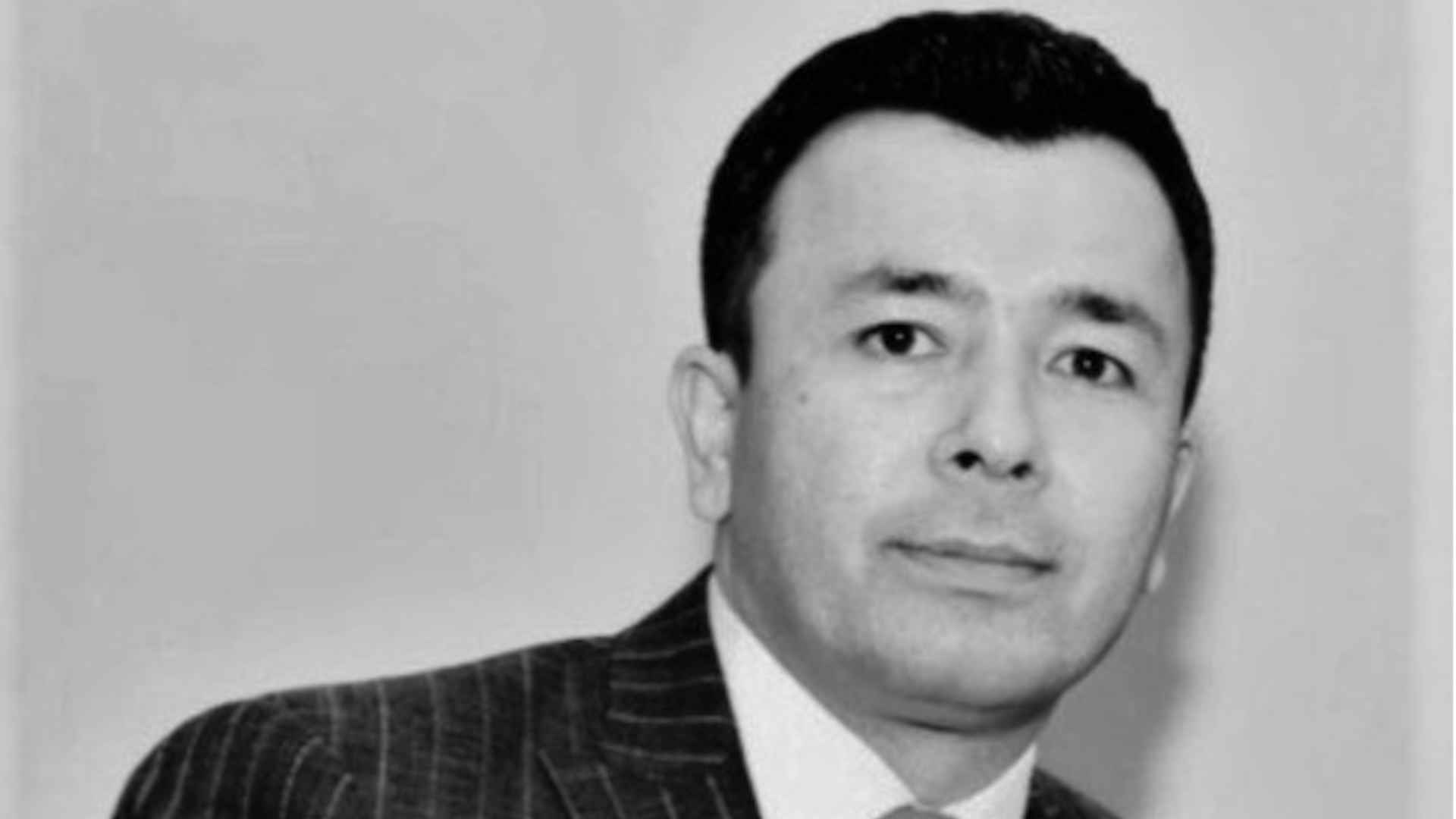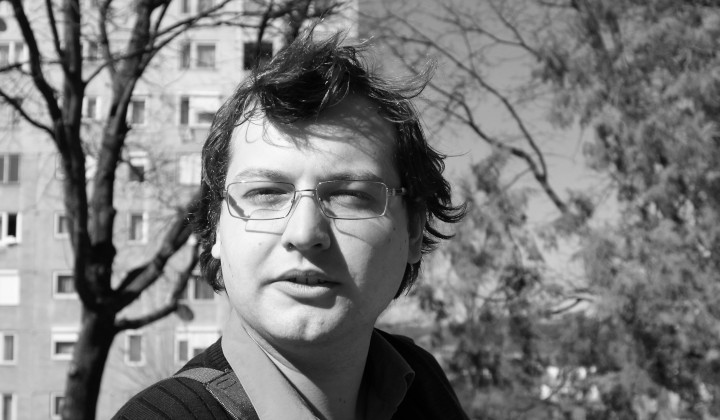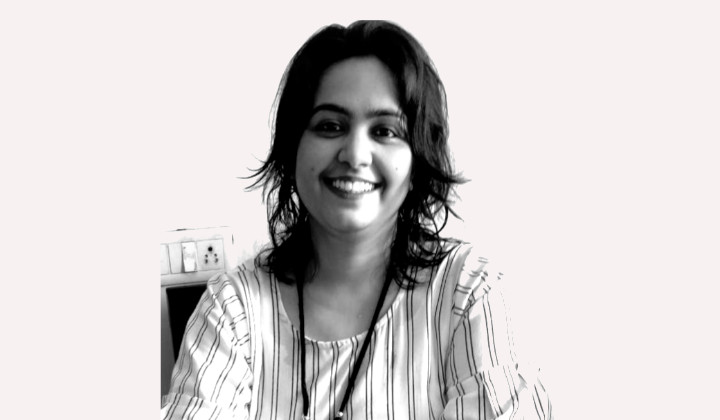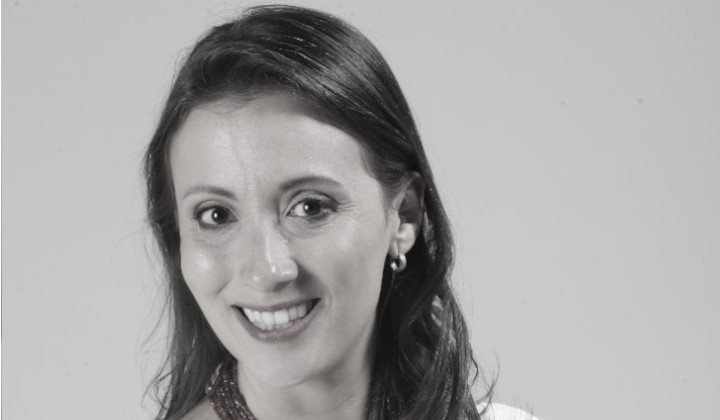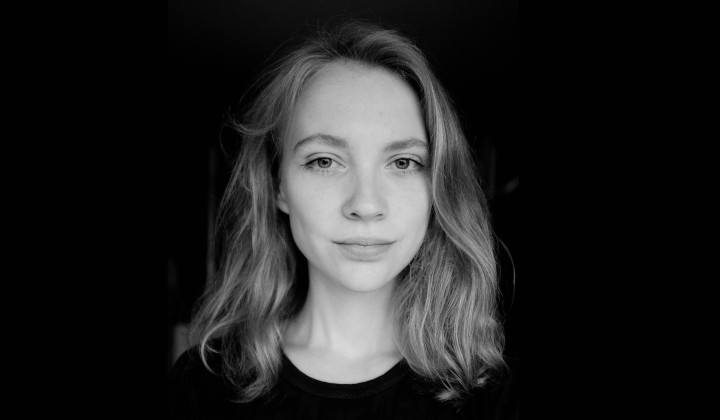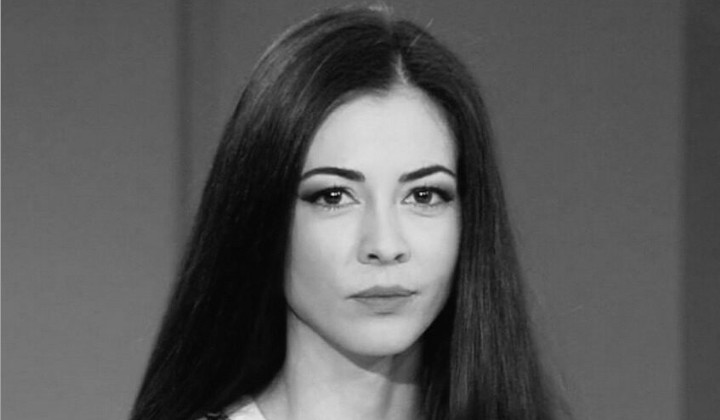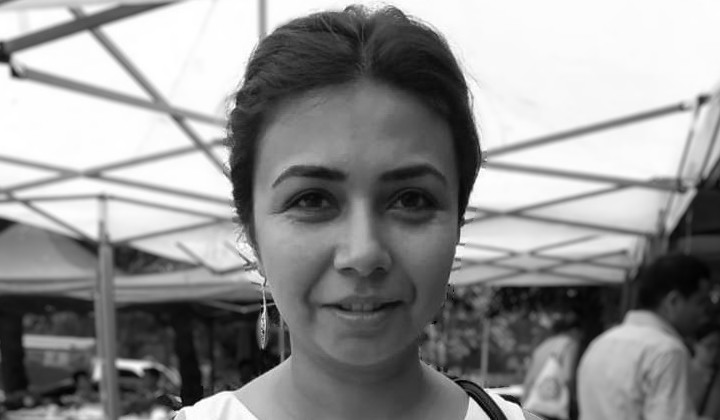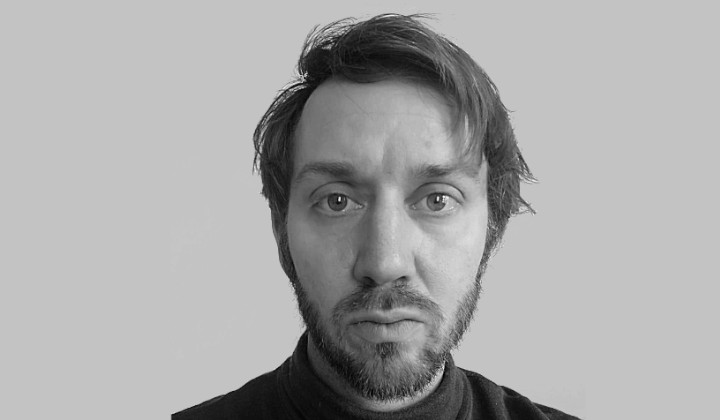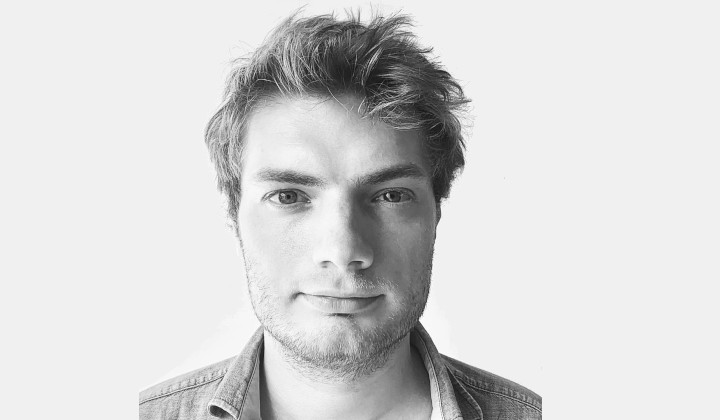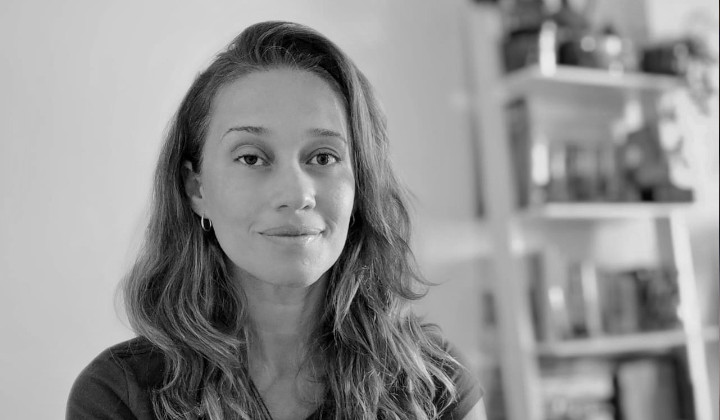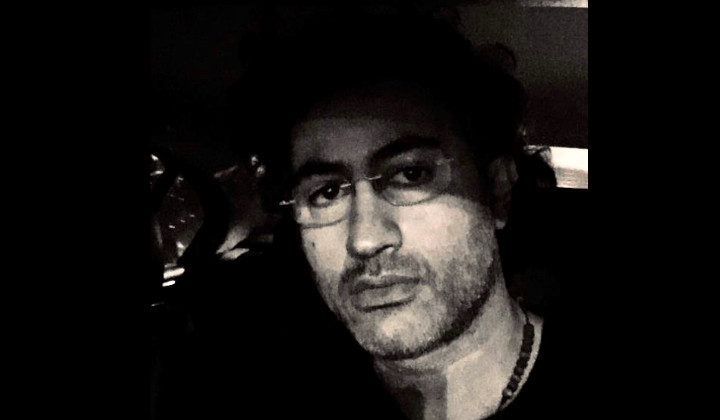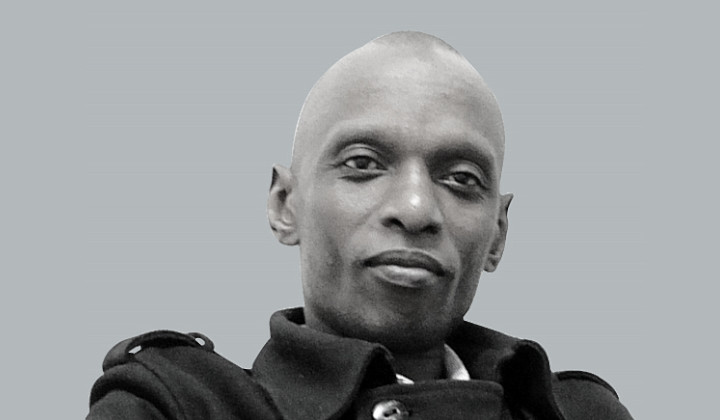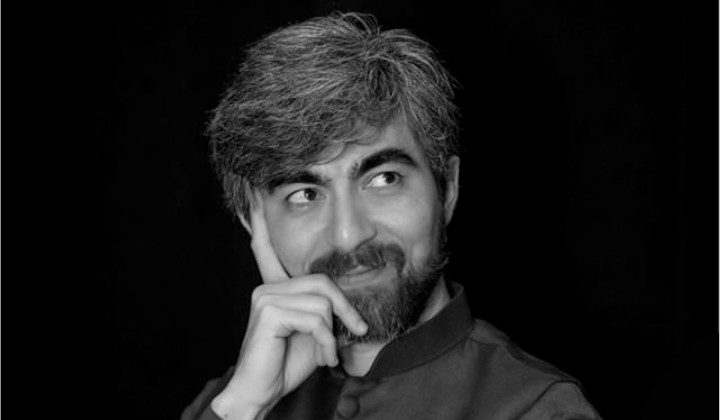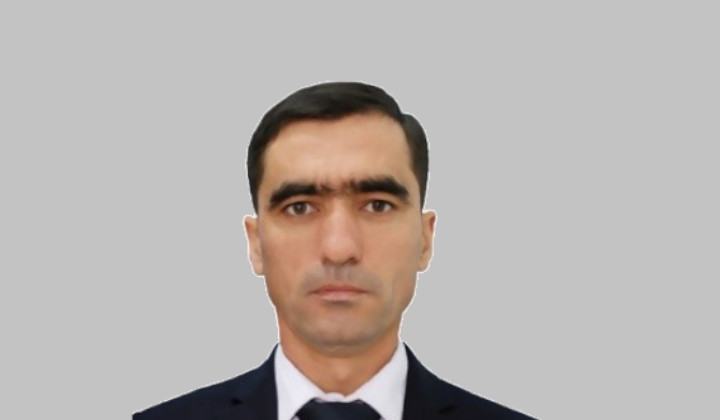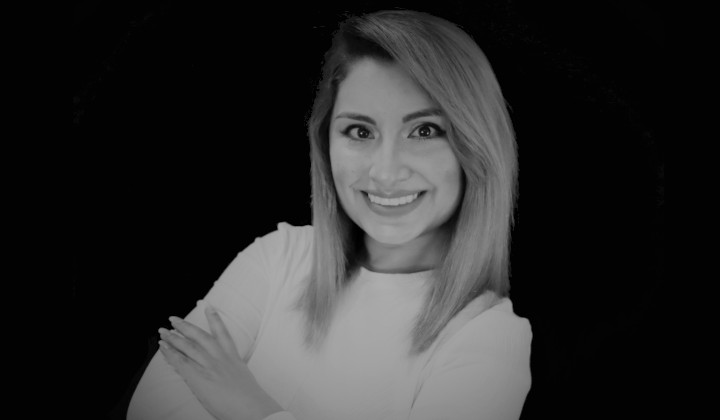Global work-life-balance
The Ukrainian filmmaker Maryna Grytsai worked in three different countries and a lot of different jobs. Her love of filmmaking and her ambition to shine a light on the untold stories of society brought her on a journey that isn’t likely to end soon.
written by
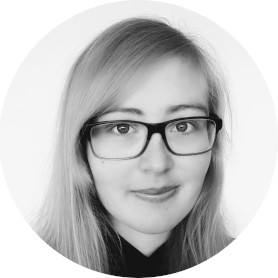
Jana Ballweber
Asked what she would consider as her job, Maryna Grytsai has to take some time to think. Due to the Corona virus, she needs to stay at home. But under normal circumstances, she would have visited a cinematography course in the Ukrainian Institute of Advanced Training for TV & Radio Broadcast in Kyiv and learn everything about camera work - everything she practiced more or less by intuition in her previous projects.
Maryna started working as a journalist for newspapers and magazines during university. After finishing her studies of philology in Ukraine, she strived towards a deeper expertise in journalism. The wish to enter this job emerged from the work of her mother, a journalist herself. Grytsais Mother recorded funny interviews with her daughter who then immediately wanted to follow her mother’s example. The first permanent job in the media however happened by chance. She applied as a translator for Radio Ukraine International, a broadcasting station with a German program. “But my German was awful at the time”, she admits smiling. Fortunately, they were also hiring journalists, so the first steps were done.
The wish for more training, for a professional education in journalism, brought Maryna Grytsai to Bonn, Germany. At the “Deutsche Welle Akadmie” she did her master in International Media Studies. In a transnational group of students, she learned the basics for planning and executing international media projects.
After finishing the academy, she decided to move to India to be with her Indian boyfriend and later husband. “He asked and I just went because I wanted to be with him. I didn’t expect anything, but those five years turned out to be a rich and interesting experience”. A cultural shock may have occurred, but being able to start work after three weeks kept her busy and helped to get accustomed much faster to life in Hyderabad, the fourth biggest city in India. She started to work for the local “Goethe-Zentrum”, a partner of the German Goethe-Institut. Organizing cultural programs and international events was part of her job as well as preparing press releases and creating content for social media. Asked about the differences between working in India and working in Ukraine, Maryna answers the way you’d expect from someone who has seen a lot of the world: “There are things which are similar; there are naturally many things which are very different. So I can’t make a general conclusion.”
For someone who has started to do yoga in her spare time long ago, India must have been some kind of paradise. Maryna even started to work as an instructor at a local yoga studio in Hyderabad. There, she continued her communication work as she created newsletters, posters and videos for promotion. The success of her videos encouraged Maryna to fully focus on producing films for several yoga studios. “My filmmaking started here. After that, I had training in filmmaking at an Indian film school. I stopped seeing filmmaking as journalism; I started to invest more time in preparation, visual language and structure which isn’t that important in journalism, because that you are doing fast, for tomorrow.”
During her time as an independent filmmaker and also when she worked for a creative agency in Bangalore afterwards, Maryna did a lot of commissioned work for corporates or NGOs, but also developed a great affinity to social topics. She realized a film project about women who are trained to be taxi drivers to escape poverty. “I felt that this is actually a thing worth talking about. These people, their stories are not represented enough and we don’t know enough of what’s happening. It can break a lot of prejudices.”
It is remarkable that Maryna’s role models aren’t the big names in film business. Instead, she mentions people she worked with: her mother, her lecturer from Germany for her documentary films and her efficiency and also her first editor at Radio Ukraine International. When Maryna worked there, the broadcasting service was governmental media. She describes these state institutions as not exactly efficient. There was a lot of political dependency in every day’s work. Despite this environment, her editor seems to have been everything opposite to that. “He didn’t take part in any of these games. The only thing he cared about was the quality of the product. This very simple thing is very inspiring. He always said what he was thinking, very straight forward, whoever he spoke to.”
After Maryna’s husband found a job in Ukraine, the couple moved back to her homeland. Now her English is an interesting mixture of a Ukrainian and an Indian accent. Yoga still plays a big role in her everyday life, but only for her work-life-balance. After the cinematography course she’s currently visiting, the filmmaker is already planning new projects: participating at the “go east film festival” in Wiesbaden to try out fictional filmmaking and doing her PhD at the Johannes-Gutenberg-University in Mainz. She admits that it’s too soon to talk about topics, but she declares that she has quite a few fields of interest. These open, optimistic and curious plans teach us that the thinking about what Maryna Grytsai would consider as her job isn’t over and may never be.
To the article

Losing the information war?
By Jana Ballweber



